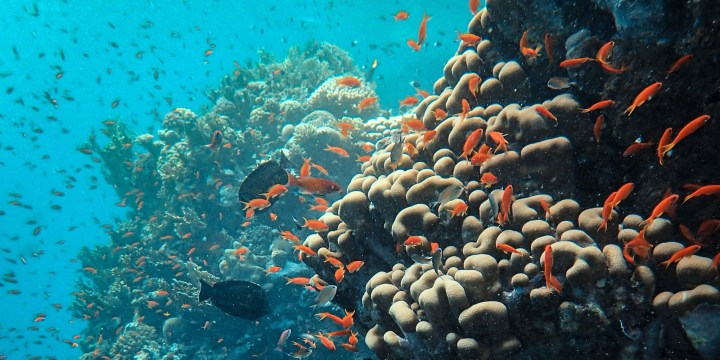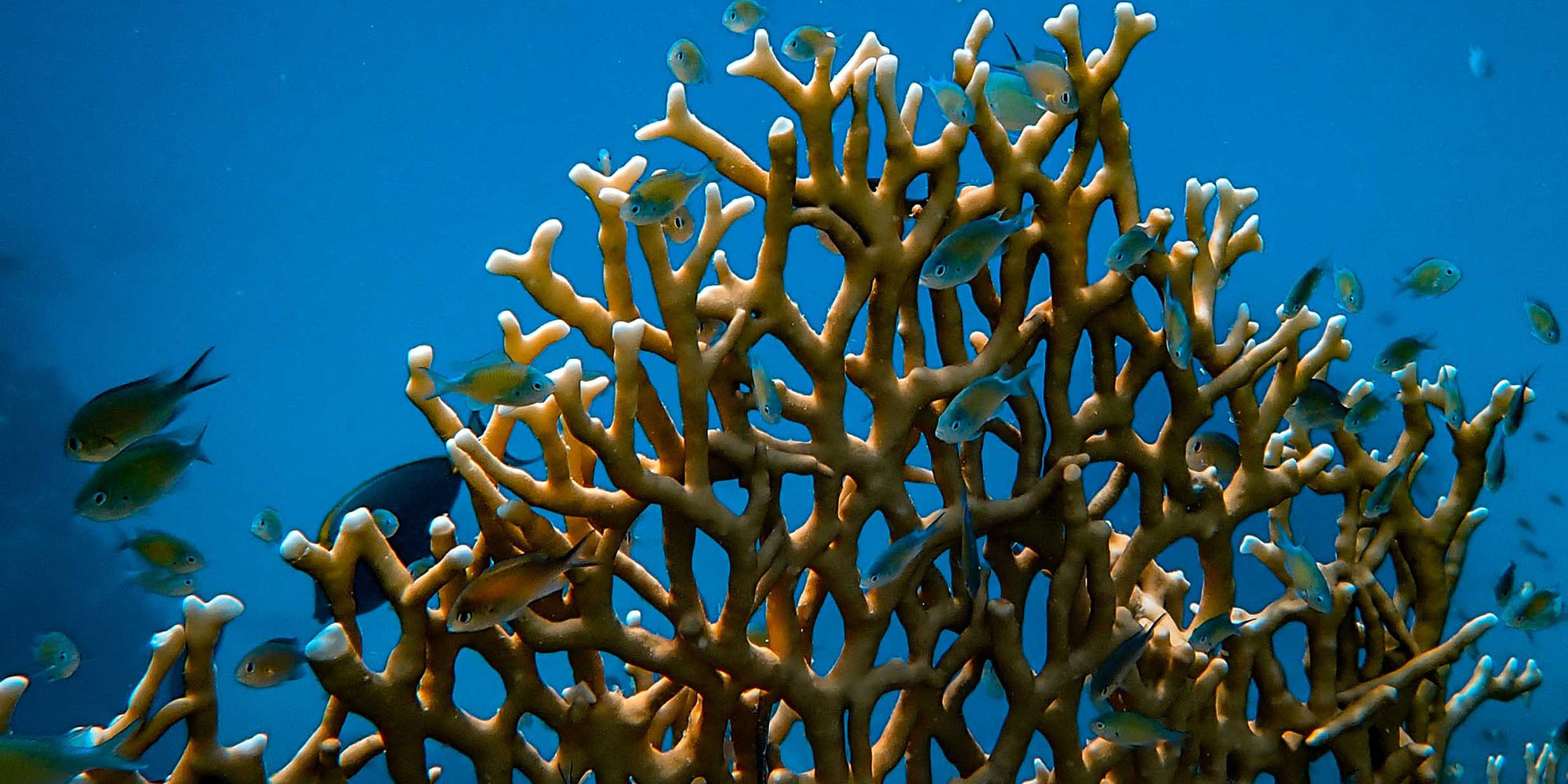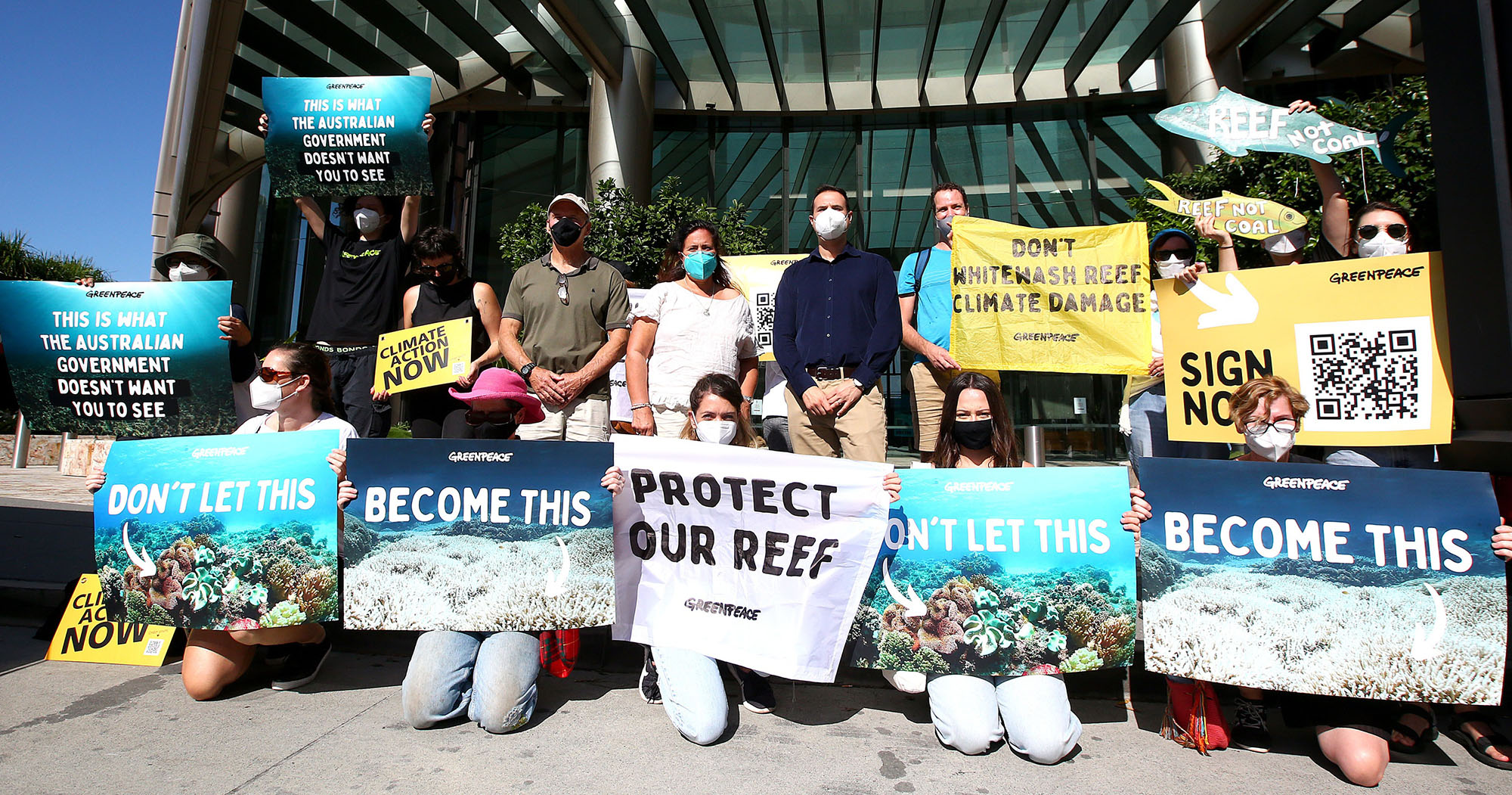RAPID DEGRADATION
Great Barrier Reef threatened, should be on World Heritage ‘in danger’ list, new report finds

The changing climate is an ongoing and increasingly serious challenge to Australia’s Great Barrier Reef as it continues to experience widespread coral bleaching events which are occurring at an increased rate, says a Unesco-backed report.
The world’s most extensive coral reef ecosystem, the Great Barrier Reef in Australia, has been found to be in very poor ecological condition and is considered to be degrading at a faster rate than was previously thought, a Unesco-supported report by a joint mission has found.
The Great Barrier Reef consists of 2,500 reefs and more than 900 islands of various sizes and geomorphology. It is host to interconnected ecological communities, habitats and species, with more than 1,500 species of fish, 4,000 species of molluscs and about 240 species of birds.
In 2019, a Great Barrier Reef Outlook Report categorised the ecosystem as being in “very poor” status, after it was previously graded as “poor”. The reason for the downgrading was the rapid and widespread deterioration of the reef. Some of the factors that influenced this were climate change, poor water quality and impacts from coastal development.

The Great Barrier Reef is considered to be degrading at a rate faster than previously thought. (Photo: Unsplash / Francesco Ungaro)
“In 2021, at its extended 44th session, the World Heritage Committee noted with utmost concern and regret the conclusions of the 2019 GBR Outlook Report that the long-term outlook for the ecosystem of the property had further deteriorated from poor to very poor, that the deterioration of the ecological processes underpinning the property’s OUV [Outstanding Universal Value] had been more rapid and widespread than was previously evident, and the property had suffered significantly from consecutive mass coral bleaching events in 2016, 2017 and 2020,” the World Heritage Committee/IUCN reactive monitoring mission says in its report.
Objectives of the mission, which took place from 21-30 March, included seeking to accelerate action to address the threat of climate change and other factors threatening the reef.
Visit Daily Maverick’s home page for more news, analysis and investigations
“The mission team concludes that, despite the unparalleled science and management efforts made by the State Party in recent years, the [Outstanding Universal Value] of the [Great Barrier Reef] is significantly impacted by climate change factors. The resilience of the property to recover from climate change impacts is substantially compromised, in particular — but not exclusively — due to degraded water quality,” said the report.
The changing climate is an ongoing and increasingly serious challenge to the value of the reef as it continues to experience widespread coral bleaching events at an increased rate, the report notes.
Coral bleaching occurs when the corals turn white, losing their vibrant colours. The major cause of coral bleaching is the climate crisis, with rising ocean temperatures causing the corals to expel the algae that are responsible for their colouring, WWF states. Bleaching can also be caused by low tides, pollution or extreme sunlight.

Activists stand outside the Queensland government office building in Brisbane in March 2022 during a protest to highlight the risk that climate change poses to the Great Barrier Reef. (Photo: EPA-EFE / Jono Searle)
The joint mission also found that there needs to be a reduction of run-off nitrates and phosphates from farms that have had a detrimental effect on the water quality of the reef, as well as the implementation of land-based restoration to reduce sedimentation.
The mission said pollutants needed to be reduced in the next three years. The development of the $6-billion Hell’s Gate Dam near the reef was noted as having the potential to counteract the progress the mission hopes to make on the degradation of the reef.
“Considering the above, the mission team concludes that the property is faced with major threats that could have deleterious effects on its inherent characteristics, and therefore meets the criteria for inscription on the List of World Heritage in Danger. Therefore, the mission recommends that the Great Barrier Reef be inscribed on the List of World Heritage in Danger,” said the WHC/IUCN report. DM/OBP





















 Become an Insider
Become an Insider
Dr Peter Ridd is an Australian physicist who has been studying the Great Barrier Reef for the past almost 40 years. He has written over 100 publications on the topic, including one just this month for the Global Warming Policy Foundation, in which he refutes the findings of the above unfortunately published ‘Unesco-backed report’. Daily Maverick should, in all fairness publish Peter Ridd’s report too: “The Good News on Coral Reefs”.